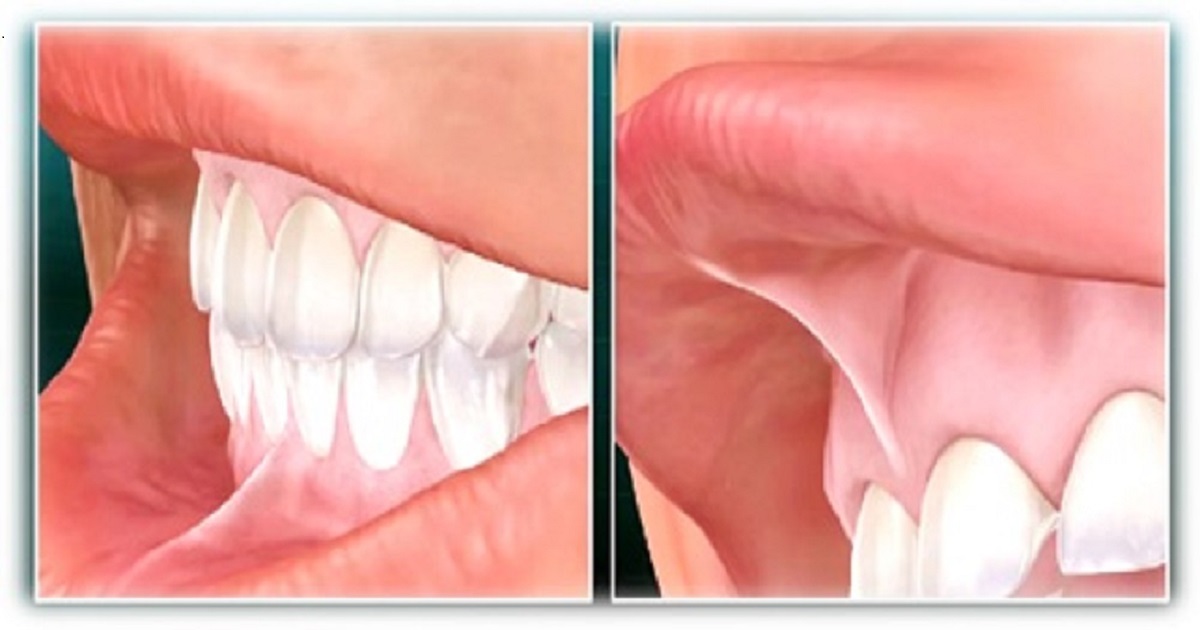Introduction to Adult Lip Tie
Adult lip tie, also known as upper lip tie or maxillary frenulum, is a condition where the tissue that connects the upper lip to the gums is thicker or tighter than usual. While commonly associated with infants, it can persist into adulthood and cause various complications.
What Causes Adult Lip Tie?
The exact cause of adult lip tie is not always clear. However, it is believed to be a congenital condition, meaning it is present at birth. Genetics may play a role in the development of lip tie, with some individuals inheriting the trait from their parents.
Symptoms of Adult Lip Tie
- Difficulty Speaking: Adults with lip tie may experience difficulty articulating certain sounds due to restricted movement of the upper lip.
- Oral Hygiene Issues: Poor oral hygiene and difficulty cleaning the upper front teeth can lead to an increased risk of dental problems such as cavities and gum disease.
- Dental Problems: Adult lip tie can contribute to misalignment of the teeth, overcrowding, and other orthodontic issues.
Diagnosis of Adult Lip Tie
Diagnosing adult lip tie typically involves a physical examination by a healthcare professional, such as a dentist or oral surgeon. In addition to visual inspection, a functional assessment may be performed to evaluate the range of motion and flexibility of the upper lip.
Treatment Options for Adult Lip Tie
- Surgical Correction: Surgical intervention, known as a frenectomy, may be recommended to release the tight or thick tissue connecting the upper lip to the gums.
- Myofunctional Therapy: Myofunctional therapy involves exercises and techniques designed to improve oral muscle function and mobility, which can help alleviate symptoms associated with lip tie.
Recovery and Aftercare
After undergoing surgical correction or myofunctional therapy, individuals may experience some discomfort and swelling. Pain management techniques, such as over-the-counter pain relievers and cold compresses, can help alleviate these symptoms. Additionally, oral exercises may be prescribed to promote healing and improve oral function.
Complications of Untreated Adult Lip Tie
If left untreated, adult lip tie can lead to a range of complications, including persistent speech difficulties, dental problems, and social discomfort. Addressing the condition early can help prevent these issues and improve overall quality of life.
Myths and Misconceptions
There are several myths and misconceptions surrounding adult lip tie, including the belief that it is a purely cosmetic issue or that it will resolve on its own over time. It is important to seek professional evaluation and treatment to address any underlying concerns.
Case Studies and Success Stories
Numerous individuals have reported significant improvements in speech clarity, oral function, and overall well-being following treatment for adult lip tie. These success stories highlight the importance of early intervention and proper management of the condition.
Living with Adult Lip Tie: Patient Perspectives
Living with adult lip tie can present unique challenges and experiences for individuals. Hearing directly from those affected by the condition can provide valuable insight into its impact on daily life and the importance of seeking appropriate care and support.
Preventing Adult Lip Tie in Infants
While adult lip tie cannot be prevented, steps can be taken to reduce the risk of its development in infants. Breastfeeding support, proper oral hygiene practices, and early intervention can all contribute to optimal oral health and development.
The Role of Genetics
Genetic factors may influence the likelihood of developing adult lip tie. Research suggests that certain genetic variations may predispose individuals to oral conditions such as lip tie, highlighting the complex interplay between genetics and environmental factors.
Seeking Professional Help
If you suspect that you or a loved one may have adult lip tie, it is important to seek professional evaluation and treatment. A qualified healthcare provider can assess your symptoms, discuss treatment options, and develop a personalized care plan tailored to your needs.
Conclusion
Adult lip tie is a congenital condition that can persist into adulthood and cause various complications if left untreated. By understanding the symptoms, diagnosis, and treatment options available, individuals can take proactive steps to address the condition and improve their oral health and overall well-being.




















